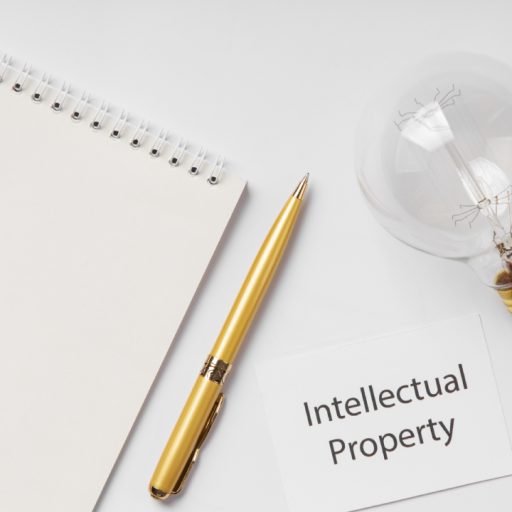
Protecting your company's works and creations: intellectual and industrial property
Share:
Protecting your company’s works and creations is a fundamental pillar for its good functioning, especially if it is based on innovation. It is important to protect them well to avoid legal problems in the future and to prevent other companies from copying you and benefiting from your creations. Making sure that the elements that make your startup unique are well protected is a crucial step on the road to success. Here is where intellectual and industrial property come into play, two elements that allow you to protect your assets well.
But doing this can be somewhat difficult, since there are many concepts to understand. At La Lonja de la Innovación we have mentors, such as Daniel Ramos, legal mentor, who can guide startups in this process, but so that you can also be clear about how it is done, we tell you in this post.
Differentiating intellectual and industrial property
It is important to differentiate between industrial and intellectual property. The former refers to the rights that are applied to intangible assets, that is, those that can’t be touched or seen, but can be marketed, such as patents, trademarks and industrial designs. On the other hand, intellectual property is related to copyrights, the ones that apply to creative, artistic, literary, scientific, theater or cinema plays, computer programs.
Registering and protecting your creations gives you proof of the property of something, and in the event that someone infringes on your intellectual property, that is, they use something you have created without permission, you can defend your rights.
In Spain we have different ways of registering your assets, since as we have seen, there are many creations that can be protected and, depending on what it is, the process will be one or another:
Patents, trademarks and designs. These intangible assets are part of industrial property. The process is carried out through the Spanish Patent and Trademark Office (SPTO), but first of all, it is essential to make sure in the SPTO's databases if there is already a trademark, patent or design that is the same or very similar, because if so, yours could not be protected.
- Patent, trademarks and designs. These intangible assets are part of industrial property. The process is carried out through the Spanish Patent and Trademark Office (SPTO), but first of all, it is essential to make sure in the SPTO's databases if there is already a trademark, patent or design that is the same or very similar, because if so, yours could not be protected. If you have checked that there is no similar one and you have already completed the whole process, only your company will be able to use your trademark or patent and you will have the right to sue anyone who uses it at your expense. Furthermore, you can also protect it at a broader level through the European Union Intellectual Property Office which will give you the right to use it throughout the European Union.
- Confidentiality and non-disclosure agreement. Industrial property also allows you to protect valuable information about your company. If your company works on an innovative project and you need to hire third parties or simply have to share valuable information with your employees, through these agreements you can establish that all the information shared with them can not be shared and must be kept in secret so that it doesn’t leak and is not copied by your competitors.
On the other hand, it is also important to emphasize copyright and to be clear about what it consists of. These are framed within the intellectual property and they protect literary and artistic works, software and apps, music and other creative creations. Here a process is not required to achieve their protection, because copyrights are automatically acquired at the moment of creation of the work. However, it is recommended to register them in the General Registry of Intellectual Property in order to have official proof. Copyright grants exclusivity when exploiting these works, but with a time limit, since in Spain, after 70 years from the author’s death, the work will become public domain and can be exploited without permission.
Intellectual and industrial property of your assets is a step that no company should skip, especially those that depend on innovation. For this reason, make sure that all the elements that make your company unique are well protected and prevent others from benefiting from your creations.



